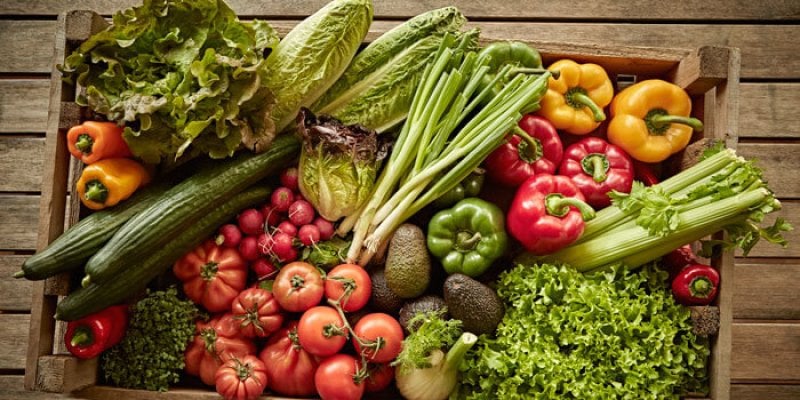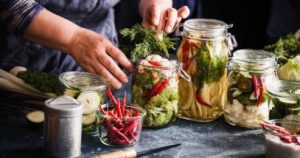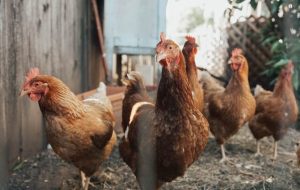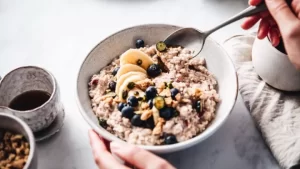
You’d probably imagine I had the Environmental Working Group’s (EWG) list of polluted produce memorized for when I went shopping if I told you that I only purchase organic vegetables. And most likely go into detail on the “horrors” of conventional farming as well. Although some of you might not be familiar with EWG, you’re probably aware of their yearly “Dirty Dozen” list, which identifies the conventionally grown fruits and vegetables with the highest pesticide residue based on information from the USDA Pesticide Data Program. So are these “Dirty Dozen” goods truly anything you should be wary of?
EWG would enthusiastically agree with that. But if your corporate funding were from Organic Valley, Earthbound Farms, Applegate Farms, and Stonyfield Farms, wouldn’t you also do this? Okay, I kind of get why; if they disseminated information that discouraged their products, their stakeholders would be furious. Our health and, to be honest, our sanity are affected by their report. And with COVID-19, we could use it right now.Did you know that just 10% of Americans get the recommended daily intake of fruits and vegetables? I practically smuggle chopped sweet potatoes and riced cauliflower into my breakfast every morning to make ends meet in that area. It takes a lot of work to wash, chop, and prepare five to nine servings of vegetables for each family member each day.
What about individuals who are unable to even shop for fresh produce? The food desert map from the USDA analyses areas with lower incomes and less convenient access where residents reside far from a supermarket. These customers are targeted specifically by the EWG message. In a peer-reviewed study published in the journal Nutrition Today, researchers discovered that low-income participants preferred not to buy any produce at all, neither conventional nor organic, when informed of specific fruits and vegetables with pesticides, putting this group at higher risk of obesity, heart disease, and cancer. It seems somewhat counterproductive to the goals of EWG.






